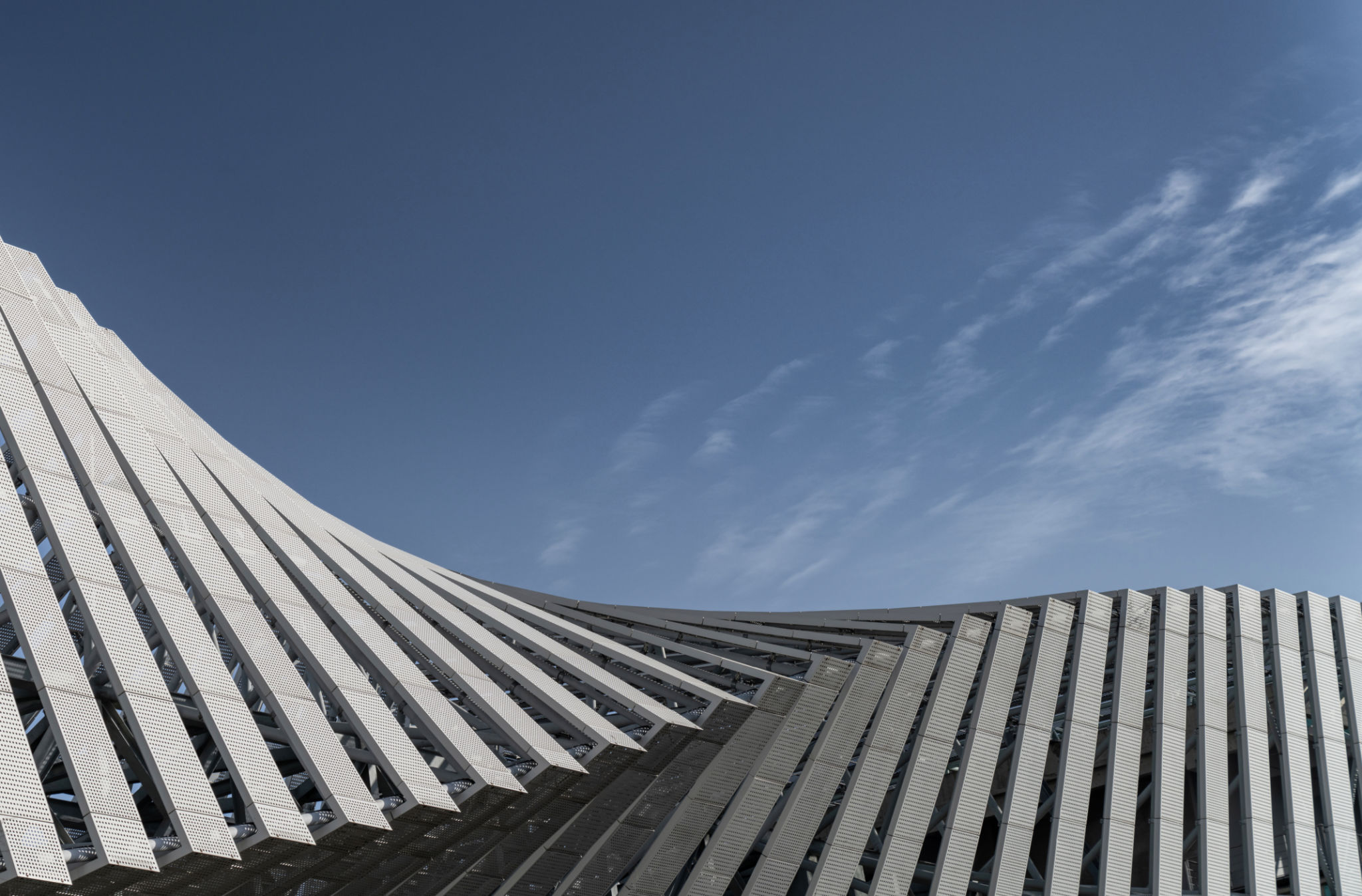Understanding the Real Estate Market in Dubai: Trends and Insights
The real estate market in Dubai has long been a subject of global interest, attracting investors, developers, and homebuyers from all corners of the world. Known for its towering skyscrapers, luxury developments, and innovative architectural designs, Dubai offers a unique blend of opportunity and lifestyle. Understanding the trends and insights in this dynamic market can be crucial for making informed investment decisions.
Current Market Trends
As of recent years, the real estate market in Dubai has been experiencing a period of stabilization following a phase of rapid growth. A combination of factors, including government initiatives, economic diversification, and strategic planning, has contributed to this stability. Investors now find a more balanced market where supply and demand are more aligned, reducing volatility.

One of the prominent trends is the increased demand for affordable housing. While luxury properties remain a staple of Dubai's real estate landscape, there is a noticeable shift toward more affordable options. This change is driven by a growing middle class and an influx of expatriates seeking cost-effective living solutions.
Government Initiatives
The Dubai government plays an active role in shaping the real estate market through various initiatives designed to boost investor confidence and market transparency. Notable among these is the introduction of long-term visas for investors, which has made Dubai an even more appealing destination for international buyers. Additionally, regulatory frameworks have been strengthened to protect buyers and investors alike.

These measures have not only attracted new investments but have also encouraged existing investors to expand their portfolios. Moreover, the government's focus on sustainable development is influencing trends, with more projects incorporating eco-friendly designs and technologies.
Emerging Opportunities
The landscape of real estate in Dubai is continually evolving, presenting new opportunities for investors. One such opportunity lies in the tourism sector, where demand for short-term rental properties is on the rise. As Dubai continues to attract millions of tourists annually, investing in vacation homes or serviced apartments can be lucrative.
Additionally, the rise of remote work has led to a demand for flexible living spaces. Co-living and co-working spaces are gaining popularity among professionals seeking community-oriented environments. This shift in living preferences opens up avenues for innovative property developments catering to modern lifestyles.

Investment Insights
For potential investors, understanding the nuances of Dubai's real estate market is critical. Conducting thorough research and consulting with local experts can provide valuable insights into market conditions and potential returns. Areas like Downtown Dubai, Business Bay, and Jumeirah Village Circle continue to offer promising investment prospects due to their strategic locations and ongoing development projects.
It's also essential to keep an eye on global economic trends, as they can influence the local market. Factors such as currency fluctuations, oil prices, and geopolitical developments can all impact real estate dynamics in the region.
Conclusion
The real estate market in Dubai remains a compelling option for investors seeking diversification and growth. With its strategic location, robust infrastructure, and forward-thinking policies, Dubai offers a wealth of opportunities across various segments of the market. By staying informed about current trends and leveraging local expertise, investors can navigate this vibrant market confidently and successfully.
